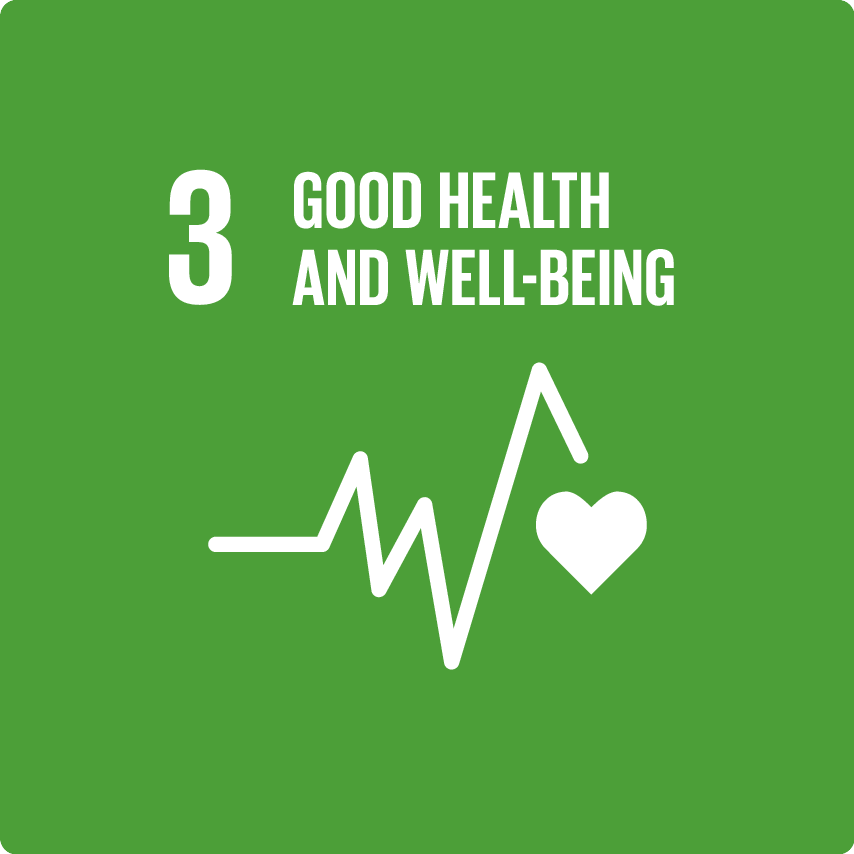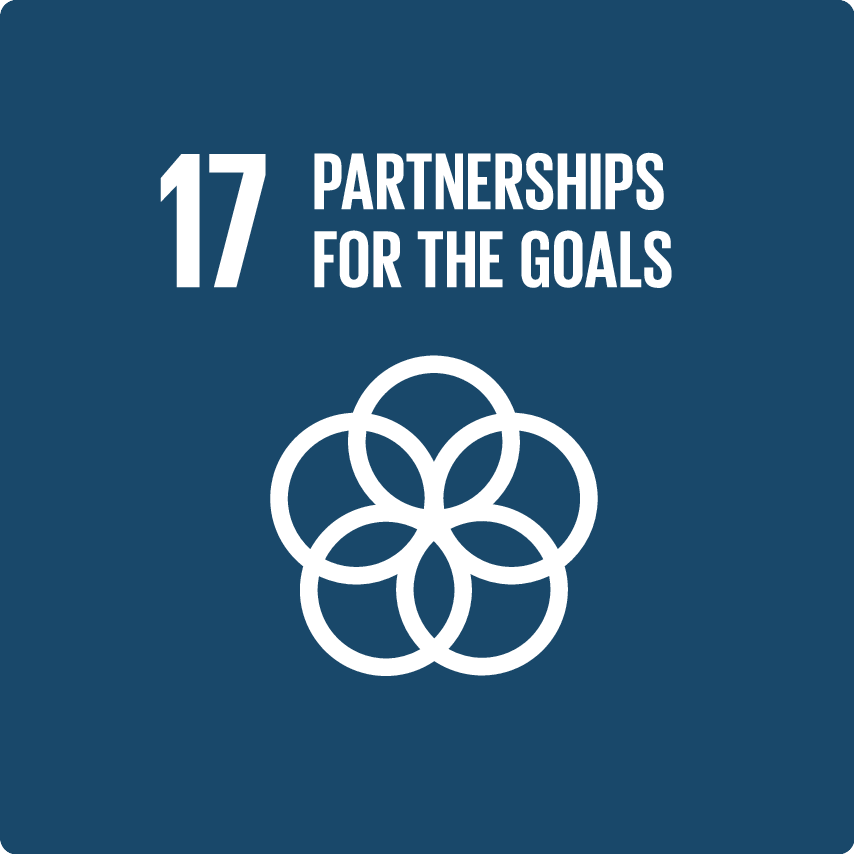Patient Assistance Program (PAP) – Ninlaro®
Takeda's Ninlaro Patient Assistance Program (PAP) was launched to address affordability barriers for patients diagnosed with Multiple Myeloma in low to middle income countries.
SEE ALL PARTNER ORGANIZATIONS
Objectives
- To address affordability barriers for patients diagnosed with Multiple Myeloma in low to middle income countries.
Health needs and challenges
The past decade has seen major public health gains and scientific breakthroughs in the discovery of new medicines, but across the world, many people still lack access to the treatment and medicines they need, especially for very severe diseases including many forms of cancers and other NCDs.
NCDs are hard to diagnose, treat and manage and have significant affordability barriers – complex and rare diseases require highly innovative medicines, often without alternatives, and the treatment can be lifelong.
How the program is addressing the needs and challenges
Through an independent delivery partner, Axios International, we have adopted an independent and confidential means-based assessment tool to assess patients’ ability to contribute to their medication costs, and then determine the appropriate individual payment scheme for each patient. This ensures patients pay only what they can afford, and are able to complete their entire course of treatment even if they cannot pay for it in full. Through our delivery partner, we also provide personalized support including ongoing follow-up from program staff to ensure adherence to their treatment plan and their physician’s recommendations – improving the quality of care and efficacy of the treatment.
Takeda’s PAPs are sustainable so our innovative medicines reach as many patients as possible, and are tailored to each country to address a country’s economic context and local healthcare provisions. They use different collaborative models where patients, Takeda, and at times local authorities, foundations, medical associations, charities and other parties, share the cost of treatment.
Geographic Reach
- Eastern Mediterranean
- South-East Asia
Disease Area
- Non-communicable diseases
Target Population
- People with low incomes
Partner organizations
Geographic Reach
Eastern Mediterranean
- Lebanon
South-East Asia
- Thailand
Disease Area
Non-communicable diseases
- Cancer
- Hematological Cancers

